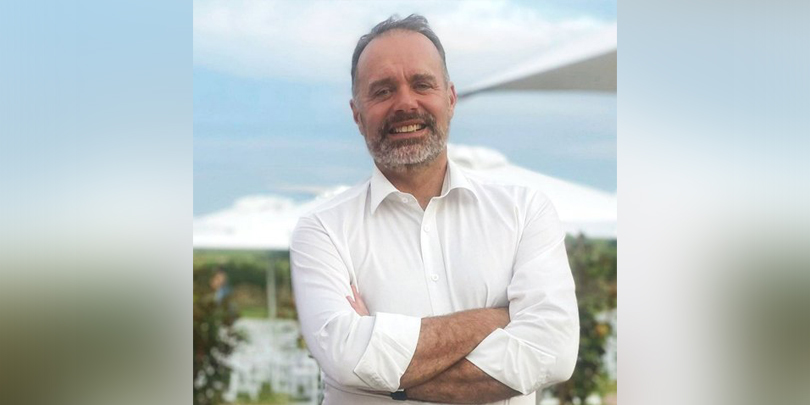
Mental health care is primarily a pastoral ministry of accompaniment, which is strongly enhanced by an integration of the Catholic faith with the best of psychology, according to Catholic mental health practitioner Shawn van der Linden. Source: The Bridge.
With a recent background in Catholic education and work experience including social work, counselling and pastoral work in parishes, Mr van der Linden now works as the international programs consultant for the US-based CatholicPsych Institute.
“The CatholicPsych Institute are really doing some cutting-edge stuff in the area of integration of psychology and the Catholic faith,” he said.
“In our Catholic faith, we know the purpose of being human is to be in relationship with others and with God, and that’s where true happiness and well-being can be found.
“If that’s the case, then our mental health services and counselling services should be founded upon that blueprint, because that’s the essence of what brings healing, happiness and human flourishing.”
This idea of integration, Mr van der Linden said, demonstrates just how much the Church has to offer the world in the area of mental health, in addition to its rich history of valuing the whole person – body, mind and soul.
“We should proclaim very loudly, as Catholics, that we want to pay attention to the whole person… that what is happening in your body, and what you’re feeling in your body really matters,” he said. “And the body includes the mind, the psyche and the thoughts.”
The well-known practice of “mindfulness” – a capacity to uncritically pay attention to one’s thoughts and feelings in the present moment – is an example of something that the Church has been recommending for a long time, Mr van der Linden said.
“Many therapeutic interventions are based, in one way or another, on mindfulness-based approaches,” he said. “I would say for a Catholic there’s a thing called Catholic mindfulness.
“Fundamentally, it’s about trustful surrender. Mindfulness is about moving towards difficulty with acceptance of that difficulty because we know that God is looking after us. All mental health gets back to learning more and more how to trust, and ultimately to trust God. It’s a very Catholic approach, but it’s also a very valid psychological protocol.”
Nevertheless, there is also a danger of “over-spiritualising” mental health problems and ascribing them to a lack of faith or an insufficient prayer life.
FULL STORY
Catholic mental health care: A ministry of accompaniment (By Matthew Biddle, The Bridge)






